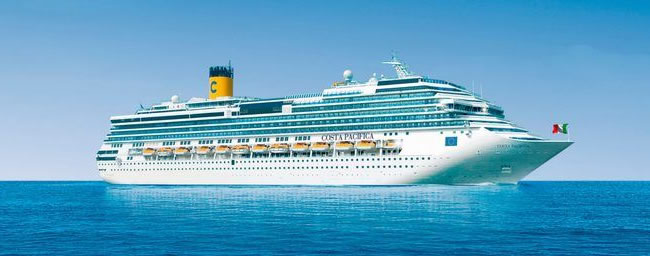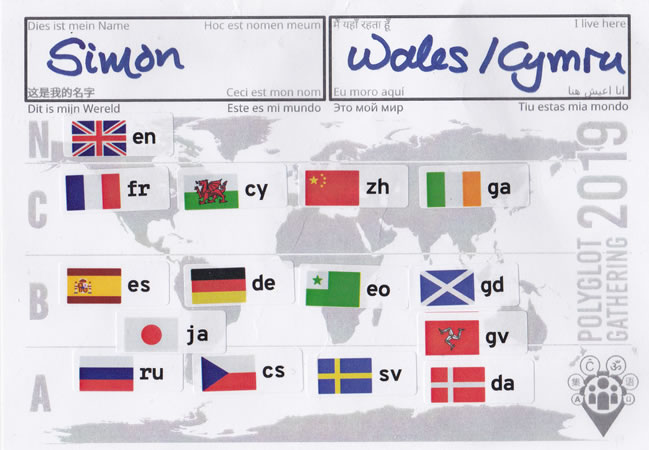Podcast: Play in new window | Download
In this episode I talk about pidgins and creoles – what are they, how they develop, what they sound like, how they are structed, and so on.
Here’s how a pidgin or pidgin language is defined on Dictionary.com:
1. an auxiliary language that has come into existence through the attempts by the speakers of two different languages to communicate and that is primarily a simplified form of one of the languages, with a reduced vocabulary and grammatical structure and considerable variation in pronunciation.
2. (loosely) any simplified or broken form of a language, especially when used for communication between speakers of different languages.
The definition of pidgin in the Merriam-Webster dictionary is even simpler:
a simplified speech used for communication between people with different languages
In the 19th century a form of pidgin, known as Chinese Pidgin English, developed between European and Chinese merchants in China. Pidgin was the way the Chinese pronounced business, and referred to this form of language. Later it was used to refer to all such contact languages. It was first used in writing in 1807 [source].
Dictionary.com defines a creole language:
a creolized language; a pidgin that has become the native language of a speech community
The Merriam-Webster dictionary defines a creole language as:
a language that has evolved from a pidgin but serves as the native language of a speech community
The word creole was first used in the 17th century, and comes from the Portuguese crioulo (a slave born in one’s household, person of European ancestry born in the colonies), probably from criar (to bring up), from the Latin creāre (to create) [source].
Examples of Creoles being spoken
Bislama
Tok Pisin
Haitian Creole
More information about Pidgin and Creole Languages
https://en.wikipedia.org/wiki/Pidgin
https://en.wikipedia.org/wiki/Creole_language
http://www.omniglot.com/writing/langfam.htm#creoles

Details of the Polyglot Cruise 2020 – remember to use the code OMNIGLOT to get US$50 off!
Tunes featured in this episode
Time To Play / Amser i Chwarae
The Frog’s Excuse / Esgus y Llyffant
If you would like to support this podcast, you can make a donation, or contribute to Omniglot in other ways.
